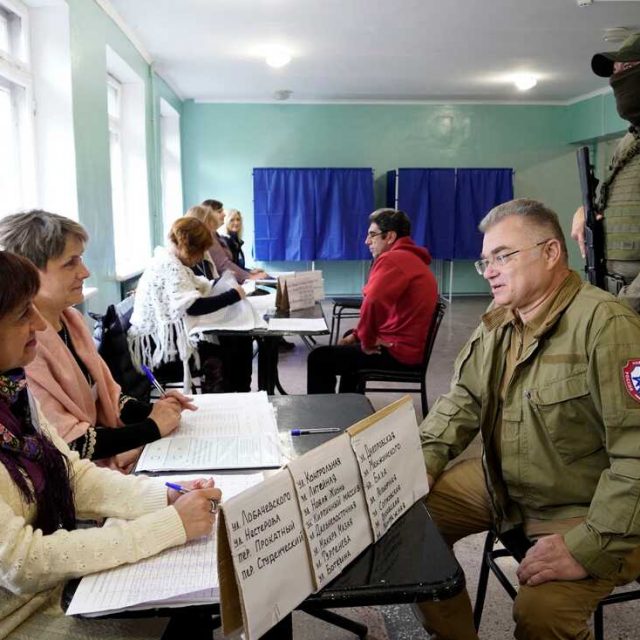As a young District Officer in 1984 I watched together with dignitaries from the New Territories of Hong Kong the UK Prime Minister Margaret Thatcher sign the Joint Declaration on the future of Hong Kong together with TENG Xiaoping, the architect of the “One Country Two Systems” mantra.
This international treaty paved the way for Hong Kong to be absorbed into China in 1997 as a Special Administrative Region with a high degree of autonomy set out in its own “Basic Law”.
Hong Kong citizens remain keen to keep their freedoms in line with the Basic Law, and are suspicious about reopening interpretation of the “one country two systems” principle.
So when China announced that they intend to adopt a draft Security Law for Hong Kong on Thursday 28th May at China’s National People’s Congress, the people came out onto Hong Kong’s streets to protest. Many of the demonstrators are students, and young people who were born in Hong Kong after the 1984 Joint Declaration. But the protestors are represented by all age groups.
If the draft law is voted through, it will then go forward for final adoption into law by the NPC’s Standing Committee at the end of June. This action is being taken by China unilaterally, bypassing any consultation with Hong Kong’s lawmakers or voters.
US Secretary of State Mike Pompeo issued a statement condemning China’s plan, calling it a “death knell” for Hong Kong’s freedoms.
“The United States strongly urges Beijing to reconsider its disastrous proposal, abide by its international obligations, and respect Hong Kong’s high degree of autonomy, democratic institutions, and civil liberties,” Mr Pompeo said in a statement on 22 May.
Josep Borrell the EU’s High Representative for Foreign Policy also published a statement the same day, which was published on the website of the EEAS Hong Kong and Macau office. It was altogether more conciliatory, prompting questions from Members of the European Parliament whether the EU would consider imposing sanctions on China in the event that the draft law was adopted by the NPC.
The European Conservative and Reformists Group (ECR) in the European Parliament has expressed grave concerns about the unilateral introduction of national security legislation by Beijing against Hong Kong, calling it:
“The most serious threat to the people of Hong Kong since the handover in 1997. The proposed legislation is a comprehensive assault on the city’s autonomy, rule of law, and fundamental freedoms.”
“Though Article 23 of the Basic Law does require national security legislation to be introduced, it is clear that this should be activated by the Hong Kong government itself, not from Beijing.”
China has long desired to clamp down on security in Hong Kong, and the protesters in Hong Kong who came out in large numbers last Sunday to demonstrate on the streets, claim that China is gambling that by taking action now they can avoid international scrutiny whilst the world is pre-occupied with tackling the coronavirus pandemic.
Critics of China’s proposal point out that it would introduce classic command and control legislation to a city which has a very different legal tradition from the communist-controlled mainland. The concepts of “Treason, sedition and subversion” are open to interpretation, which could be abused by the authorities to stifle free speech and the freedom of expression. The notion of “terrorism” also features in the proposed Chinese law, which frankly is a foreign concept to most Hong Kong citizens.
The European Commission is playing its cards very closely to its chest, and will not say whether sanctions might be one of the options to be considered in the event that the NPC does vote in favour of the new Security Law draft law on 28th May. All that the Commission has said is that EU Foreign Ministers will be meeting on Friday 29th May, and that this issue will be on the agenda.
In his statement last Friday Josep Borrell said clearly, “The European Union has a strong stake in the continued stability and prosperity of Hong Kong and attaches great importance to the preservation of Hong Kong’s high degree of autonomy, in line with the Basic Law and with international commitments.”
But will the voices of reason from the USA and the EU cut any sway with China at a time when the country is seeking to forge its post-COVID recovery strategy, in the middle of a global economic power struggle? The statements from the EU are clear and unambiguous, but in diplomacy, you sometimes need to have an iron fist inside the velvet glove, and make sure that your correspondent knows this.




